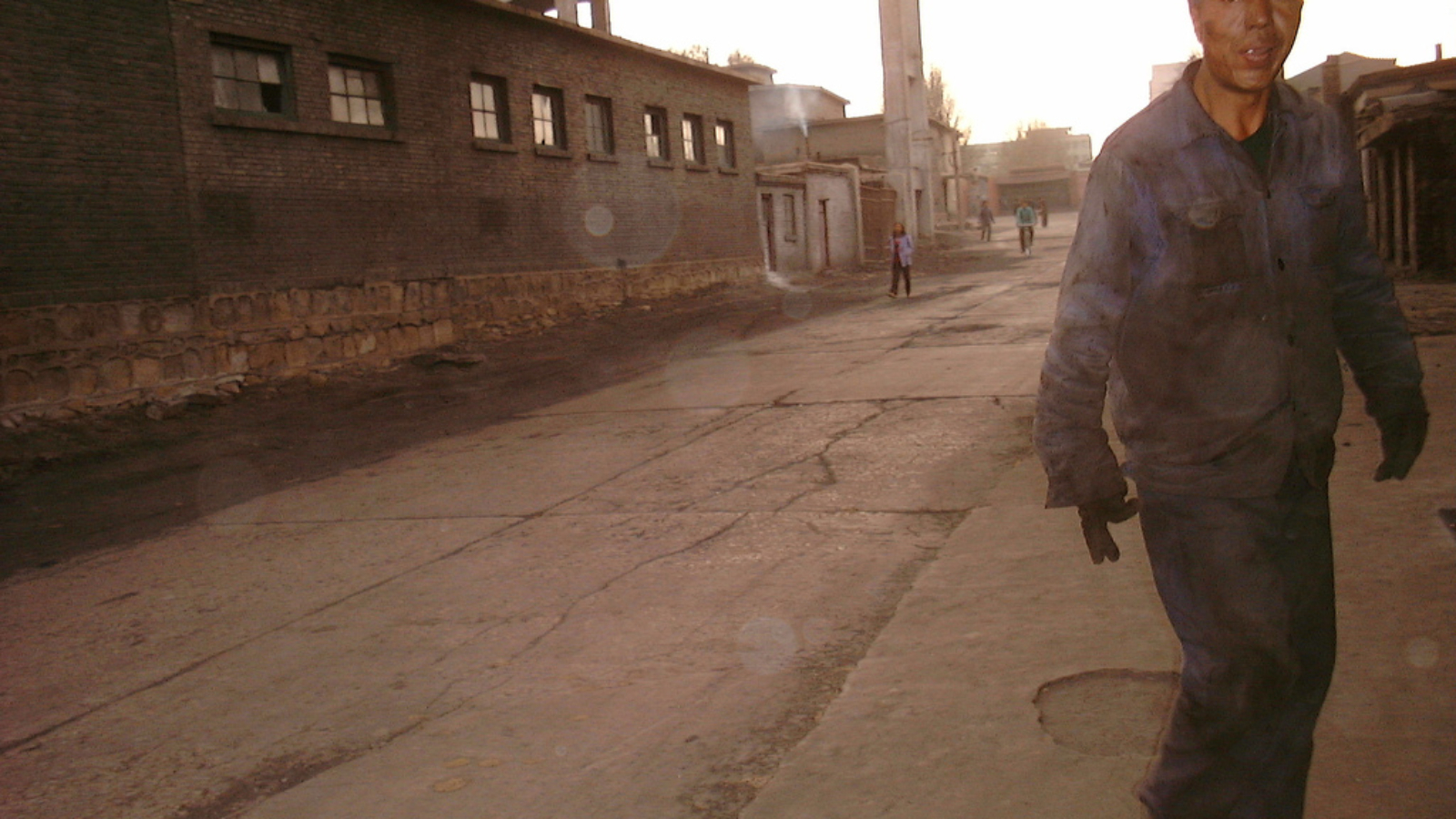Gunpowder exploded underground in Pingdingshan City in central China, killing at least 46 miners. The state-run Xinhua news agency is reporting at least 26 miners, of the 72 that were underground at the time of impact, were able to make it to safety. Al-Jazeera reported the other 46 as missing, though later the AP reported them dead.
According to the state-run China Central Televison [CCTV], the 46 miners were killed by carbon-monoxide gas after the explosion had occurred. According to Xinhua, the license to run the mine had expired on June 6. However, the mine, which is privately owned by a man named Liu Jianguo, continued to operate.
As a result of mining accidents, the Chinese government has been shutting down and fining dangerous operations. Four people have been fired over this most recent explosion, Xinhua reported. However, labor groups are saying that because of the stiff penalties, not all accidents are being reported, and even that the severity of this case could be understated.
"Awareness of safety and the rule of law is still low in some coal-rich areas and some coal enterprises," Zhao Tiechui, the head of the State Administration of Coal Mine Safety, saidin February. -Seth Walder
Concern over Burundi’s political stability is growing as election-related violence and controversy persist. Burundi’s election season, which will last all summer, opened on May 21 when the country went to the polls to elect district governments. After incumbent presidential candidate Pierre Nkurunziza’s party, the CNDD-FDD, fared especially well, opposition parties alleged fraud, although the E.U. election observer mission ruled the results legitimate. Opposition parties have since banded together to demand a revote and the replacement of the electoral commission. In protest, the opposition has withdrawn from the presidential election scheduled for June 28.
Election-related violence has been occurring in Burundi for months now, but some worry that, with President Nkurunziza’s now the only name on the ballot, opposition parties feeling disenfranchised by democratic channels will increasingly turn to violence to make their voices heard. The country’s recent civil war remains fresh in the nation’s collective memory. Indeed, some opposition parties, such as the National Liberation Forces (FNL), used to be armed rebel groups. Against this backdrop, election discord feels ominous. Yet FNL leadership has spoken out to say that for them at least, peace takes priority over political aspirations.
Over the course of Friday and Saturday, nine grenades caused 21 casualties in the city of Kayanza. It is suspected that the attacks are the work of opposition parties. -Caroline Soussloff
 Juan Manuel Santos won Colombia’s presidential elections calling for national unity and regional security.
Juan Manuel Santos won Colombia’s presidential elections calling for national unity and regional security.
Santos is widely portrayed as the current President Alvaro Uribe’s protégé, and likely to benefit from Uribe’s approval ratings which have hovered around 60 percent after 8 years in office. The feeling that Santos is Uribe’s spiritual and political successor contributed to low voter turnout as voters, expecting an easy win for Santos, stayed home to watch the World Cup.
The main opposition, the Green Party’s Antanas Mockus, won 28 percent of the national votes while Santos’ Social National Unity Party won 69 percent. In his victory speech, Santos reached out to Mockus to form a unity government, perhaps wishing to consolidate his predecessor’s gains in both national politics and security.
“We'll build on the progress you achieved over the past eight years. Thanks to the security we've created, we can now focus on creating jobs, fighting poverty and providing opportunities for all Colombians” promised Santos.
Santos served as Defense Minister from 2006 to 2008, delivering some of Colombia’s greatest blows against the FARC rebels, including a raid into Ecuadorian territory that killed the group’s de facto leader, Raul Reyes. Action against the FARC and military ties with the United States have caused great tension between Colombia and neighboring Venezuela that will likely prove to be difficult to mend as Santos has pledged to maintain Uribe’s close coordination with the United States. -Nestor Bailly
